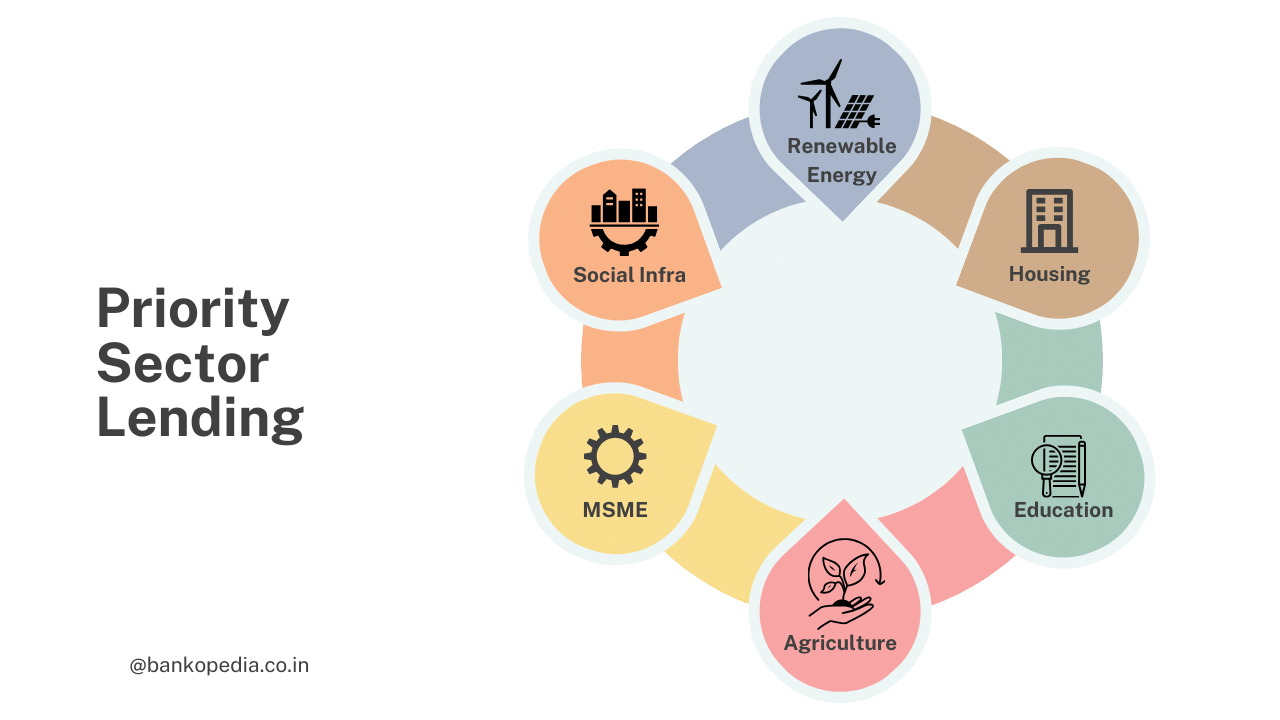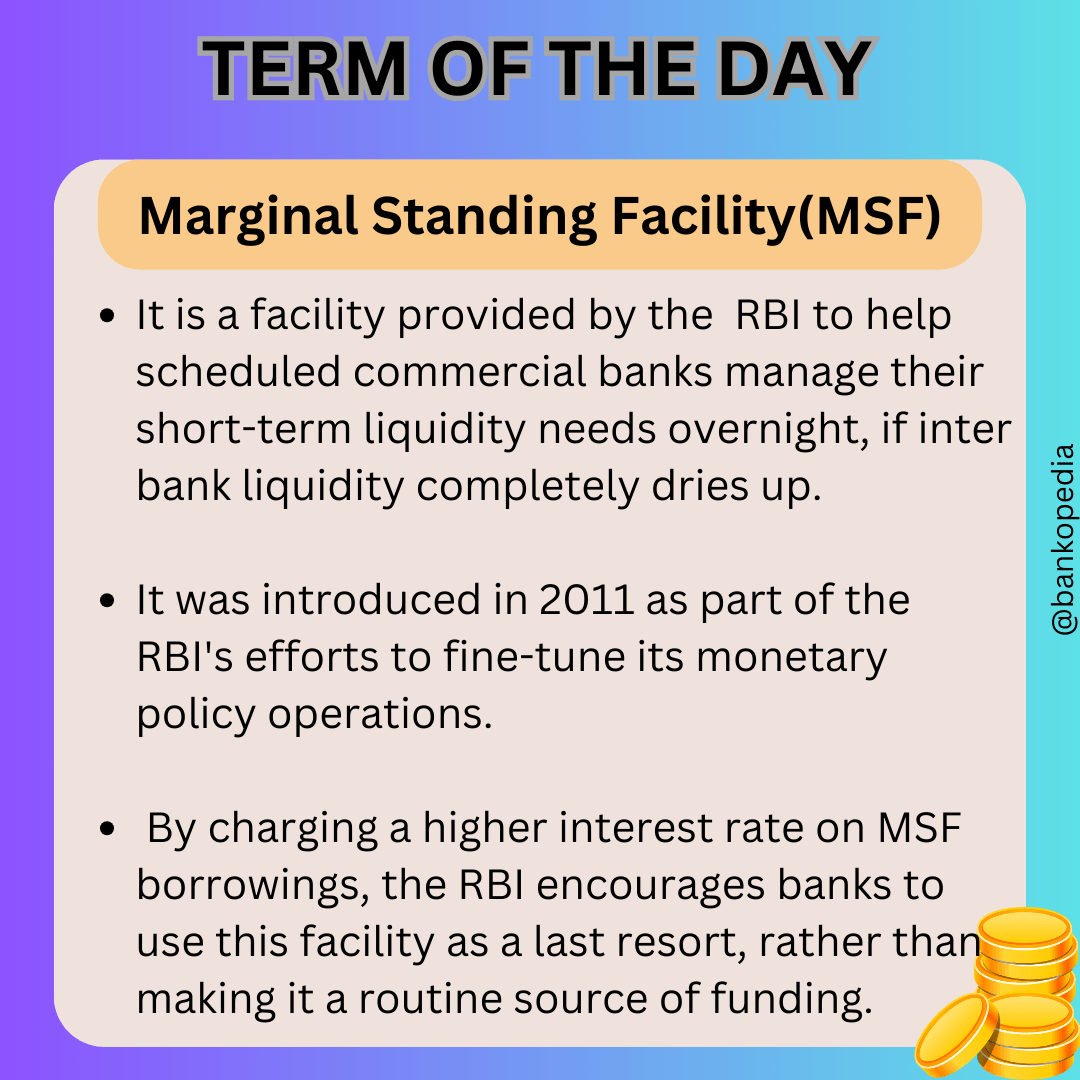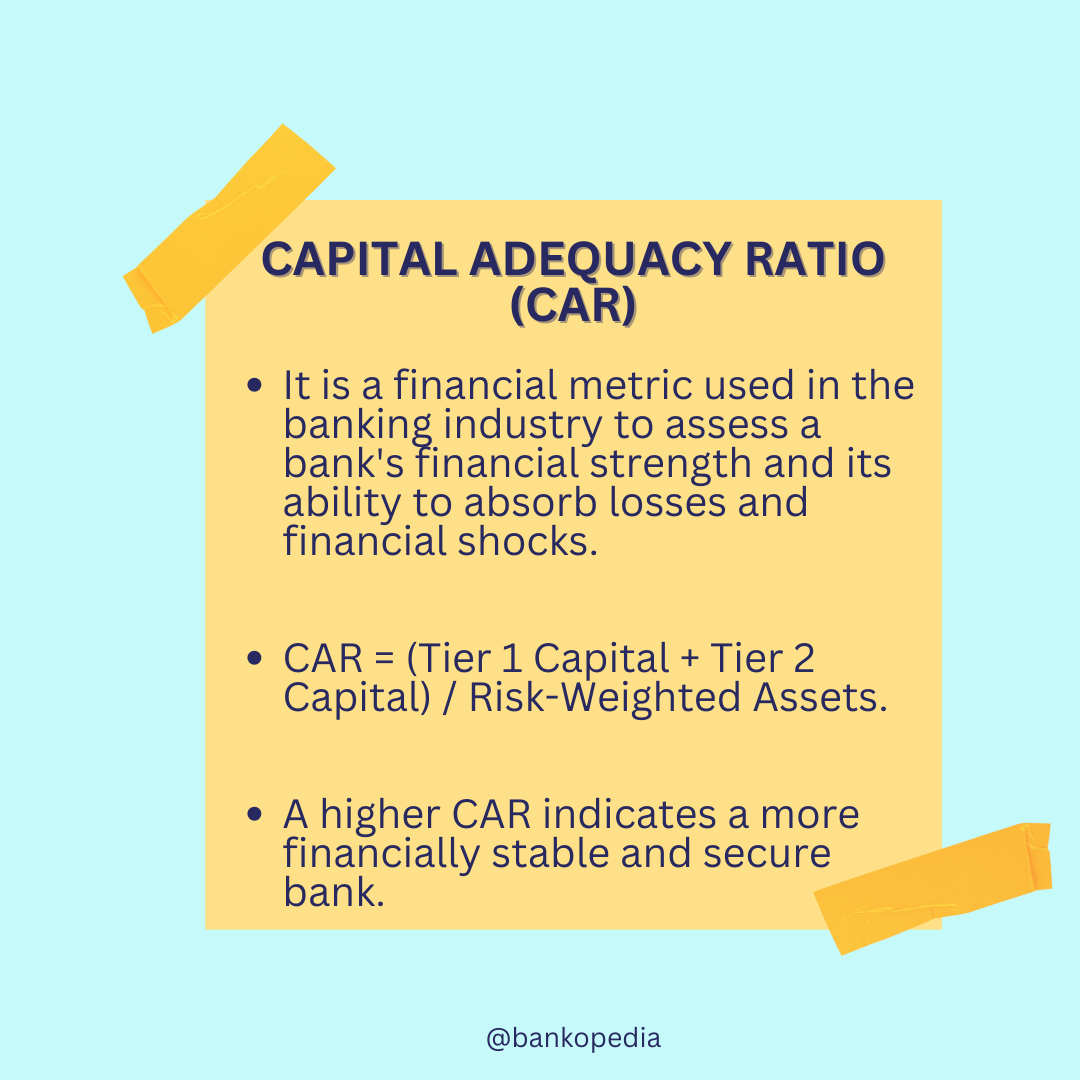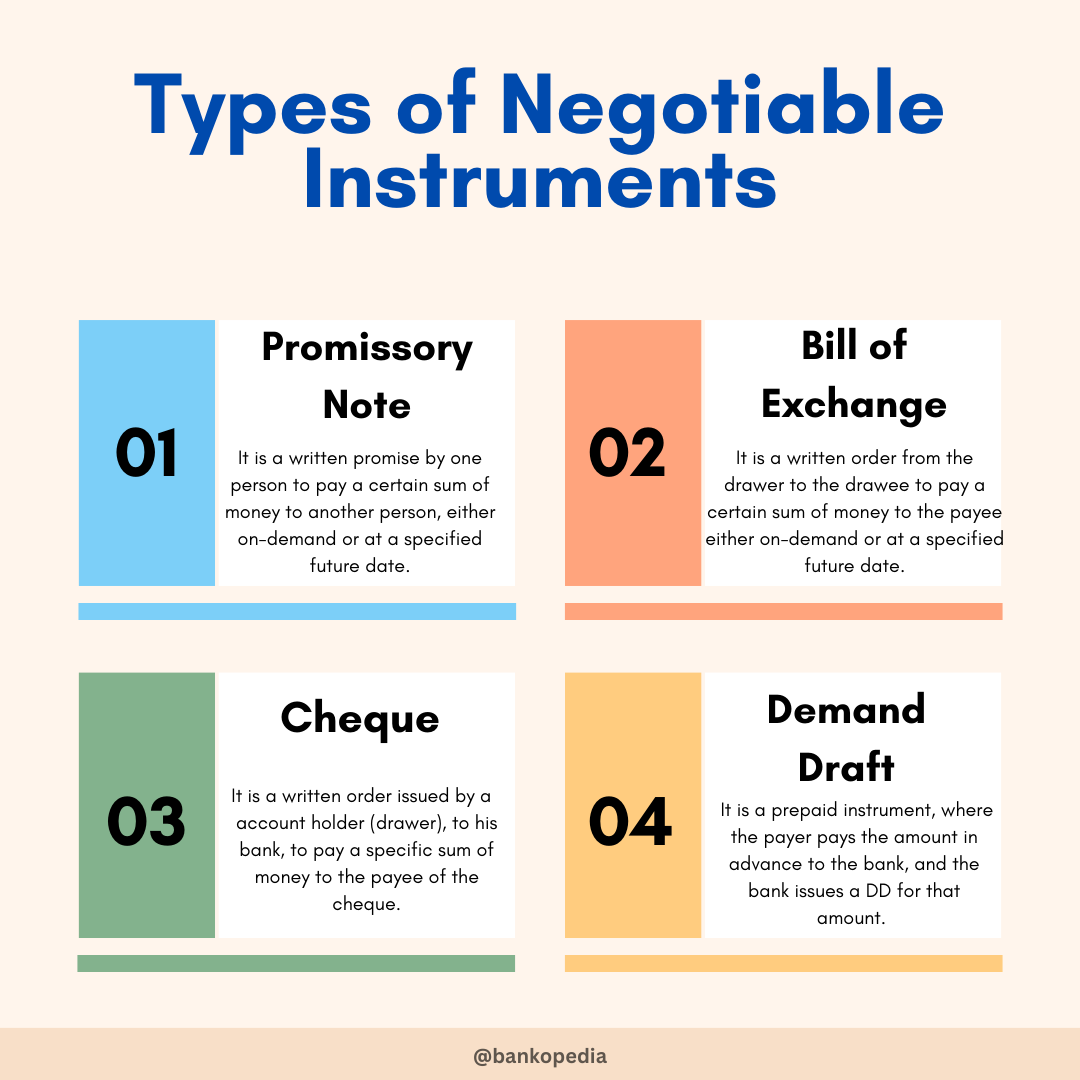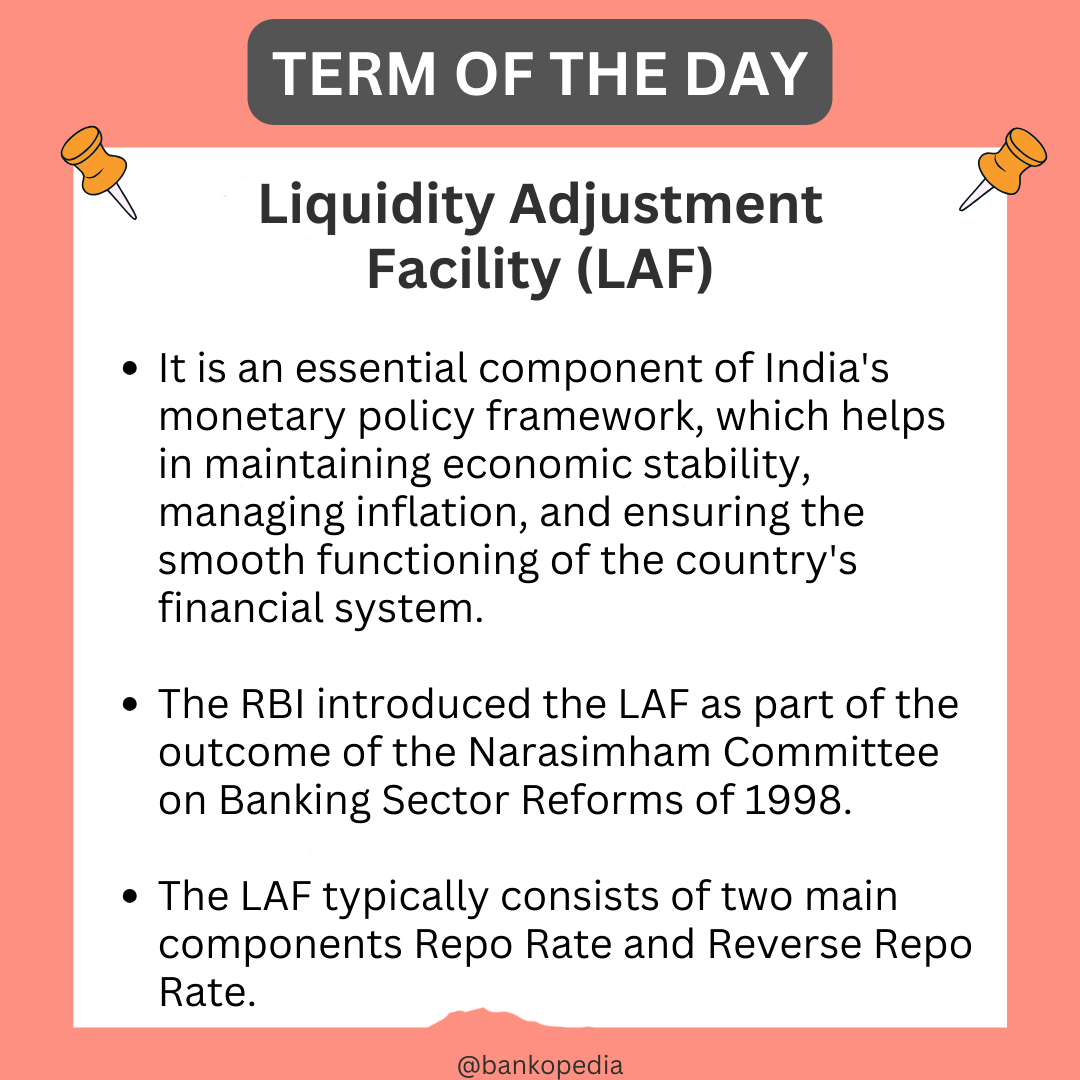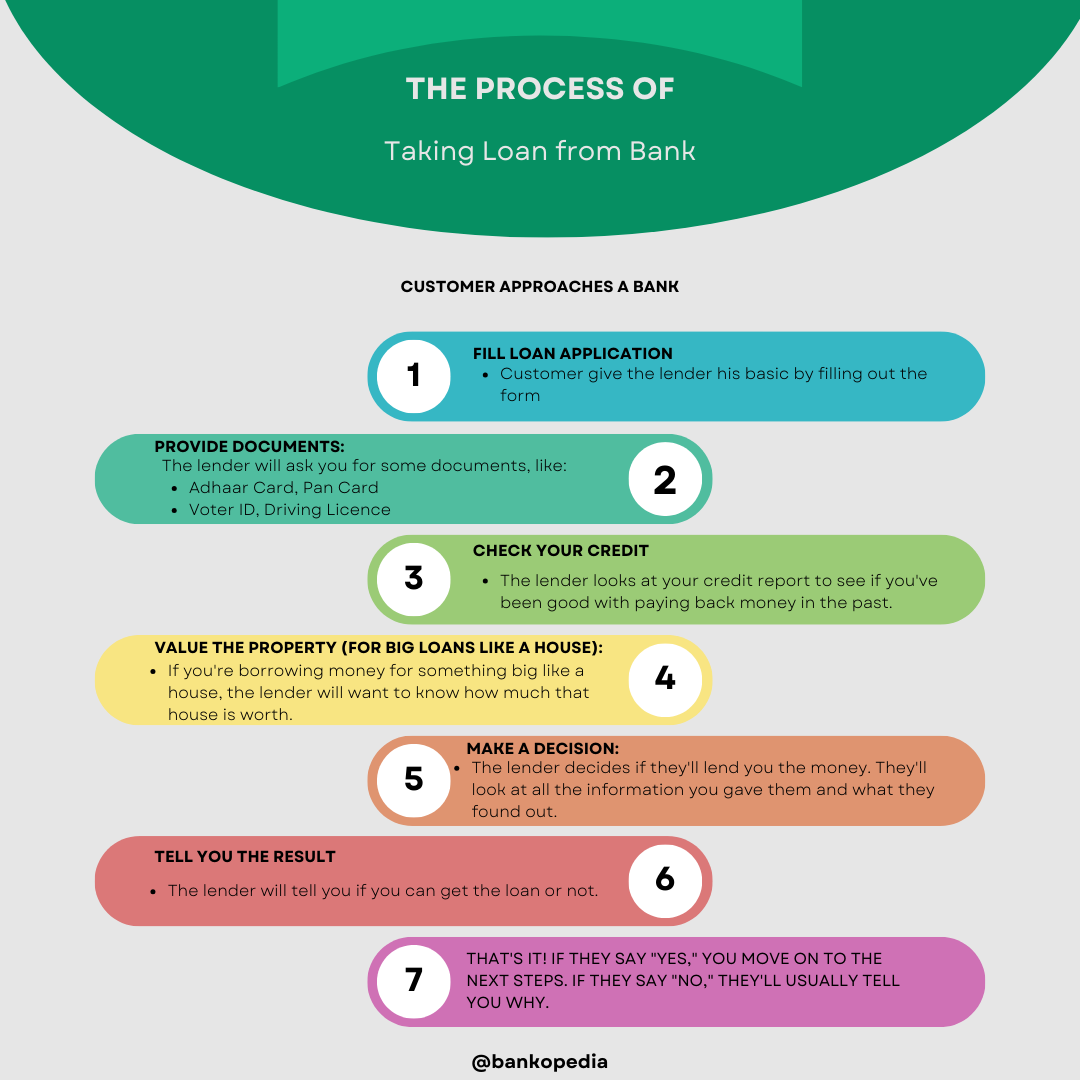Welcome to Daily Banking Digest, your premier source for the latest news and insights on March 16, 2024, focusing on banking, the economy, and finance. Our platform offers a comprehensive overview of the day’s most critical financial stories, market trends, and economic developments. Whether you’re a professional in the financial sector, an investor monitoring market movement, or someone interested in staying informed about the economic landscape, Daily Banking Digest provides reliable, up-to-date information.
Join our Telegram Channel for Daily PDF in your Inbox – Click Here
Table of Contents
China’s Iron Ore Imports from India Surge to Record Highs in April-February Period
China has significantly increased its iron ore imports from India in the past year, with 92% of Indian iron ore exports going to China in the 11-month period of FY24. This is the highest percentage of exports to China in the past seven years and the second highest in volume.

Key Points
Increased Iron Ore Exports to China – 92% of Indian iron ore exports went to China in the 11-month period of FY24. – This is the highest percentage of exports to China in the past seven years. – Exports to China increased by nearly 200% compared to the previous year.
Iron Ore as a Key Feedstock – Iron ore is a key raw material for steel-making. – Over the last seven years, around 83% of Indian iron ore exports have gone to China.
Other Export Destinations – Apart from China, other countries that imported Indian iron ore include Malaysia, Indonesia, Saudi Arabia, Qatar, and the UAE. – However, the quantities exported to these countries are much smaller.
Chinese Iron Ore Imports – Chinese iron ore imports rose by over 8% in the first two months of 2024. – China is the world’s largest iron ore consumer.
Call for Export Restrictions – Industry bodies have called for restrictions on iron ore exports. – They argue that export duty imposed in 2023 did not significantly reduce exports. – They also claim that fines, which are exported, have no domestic use and their accumulation can lead to environmental hazards.
Government Response – The government has not announced any export restrictions. – However, a senior ministry official said they are monitoring the situation.
Qwik Supply, Linked to Reliance, Emerges as Major Electoral Bond Purchaser; Reliance Disputes Subsidiary Status
Qwik Supply Chain Private Limited, a company with ties to Reliance Industries, emerged as the third-largest donor to political parties through electoral bonds, purchasing bonds worth ₹410 crore. Despite Reliance’s denial of a subsidiary relationship, Qwik Supply’s directors have connections to Reliance entities. The company’s financial performance shows a significant revenue increase but a low net profit in the year of its largest electoral bond purchase.
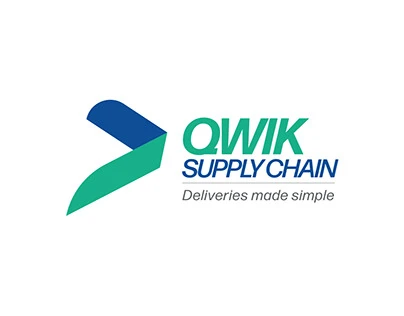
Key Points:
Company Profile: – Qwik Supply Chain Private Limited is a manufacturer of warehouses and storage units. – It was incorporated in 2000 with an authorized share capital of ₹130.99 crore and a paid-up capital of ₹129.99 crore. – Its revenue exceeded ₹500 crore in 2022-23.
Electoral Bond Purchases: – Qwik Supply purchased ₹360 crore worth of electoral bonds in 2021-22 and ₹50 crore in 2023-24. – Its total electoral bond purchases amounted to ₹410 crore.
Directors and Key Management: – Tapas Mitra, a director of 25 other companies, has been on Qwik Supply’s board since 2014. – Vipul Pranlal Mehta, a director of eight other companies, joined the board in 2019. – Sridhar Titti is the most recent director, appointed in 2023.
Reliance Connection: – Reliance Industries denies any subsidiary relationship with Qwik Supply. – However, Qwik Supply’s directors have connections to Reliance entities. – Tapas Mitra is a director of Reliance Eros Productions LLP and Jamnagar Kandla Pipeline Company Private Limited. – Vipul Pranlal Mehta is a director of Rel Icons and Traders Private Limited.
Other Related Companies: – Nexg Devices Pvt Ltd and Infotel Business Solutions, linked to Surender Lunia, also purchased electoral bonds. – Lunia sold a stake in NDTV to the Adani Group.
Government Unveils Electric Vehicle Policy to Spur Domestic Production
The Indian government has approved an E-Vehicle (EV) policy to promote India as a manufacturing hub for EVs. The policy aims to attract investments, provide access to advanced technology, boost domestic production, and reduce environmental pollution.
Key Points:
Investment Requirements: – Minimum investment of ₹4,150 crore ($500 million) required. – No maximum investment cap.
Manufacturing Timeline: – Three years to establish manufacturing facilities in India. – Commercial production of EVs to commence within this period.
Domestic Value Addition (DVA): – 50% DVA to be achieved within five years. – Localisation level of 25% by the third year and 50% by the fifth year.
Customs Duty: – 15% customs duty on vehicles with CIF value of $35,000 and above. – Duty exemption for five years for manufacturers setting up facilities in India within three years.
Import Limits: – Maximum of 40,000 EVs allowed for import, with a limit of 8,000 per year. – Carryover of unutilized annual import limits permitted.
Bank Guarantee: – Investment commitment backed by a bank guarantee in lieu of customs duty foregone. – Guarantee invoked if DVA and investment criteria are not met.
ICRA Affirms AA Rating for JM Financial, Closely Monitoring Regulatory Developments
ICRA has maintained JM Financial Products’ rating at AA with a stable outlook, considering the consolidated view of the JM Financial Group. While the RBI and SEBI have imposed restrictions on certain businesses of the group, the impact on the overall group’s financial performance is expected to be limited. ICRA will continue to monitor the situation and its potential impact on the group’s operations and financial flexibility.

Key Points:
Rating Maintained: – ICRA has maintained JM Financial Products’ rating at AA with a stable outlook.
Consolidated View: – ICRA considers the consolidated view of the JM Financial Group when taking rating actions.
RBI and SEBI Restrictions: – RBI has prohibited JM Financial Products from financing against shares and debentures. – SEBI has barred JM Financial Products from taking new mandates as a lead manager for public issuance of debt securities.
Impact on Group Business: – The restrictions may impact the group’s incremental business in IPO financing and lead management of debt securities.
Financial Impact: – The direct contribution of the affected segments is not substantial for the group. – The overall loan book may decline due to the short-term nature of the loans backed by securities.
Monitoring by ICRA: – ICRA will monitor the impact of the restrictions on the group’s operations and financial performance. – ICRA will also monitor developments related to compliance and processes raised by the regulators.
RBI Governor Urges Banks to Enhance Customer Grievance Redressal Systems
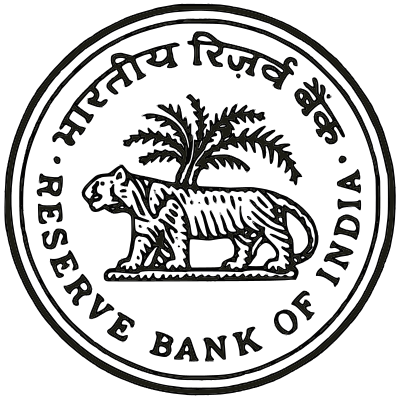
The Reserve Bank of India (RBI) has urged banks and financial intermediaries to address deficiencies in customer grievance mechanisms and ensure fair pricing, transparency, and avoidance of mis-selling. The RBI’s assessment revealed gaps in systems and procedures, which it has communicated to individual institutions. The focus should be on nurturing a customer-centric approach and commitment to consumer protection.
Key Points:
Customer Grievance Mechanism: – RBI has identified deficiencies in customer grievance mechanisms. – Banks and NBFCs are expected to rectify these deficiencies.
Fair Treatment of Customers: – Fair treatment includes fair pricing, transparency, and avoidance of mis-selling. – Effective grievance redress mechanisms enhance public trust in the financial system.
Customer-Centric Approach: – Top management should prioritize a customer-centric approach. – Regulations provide a framework, but effectiveness depends on implementation.
Complexity of Financial Products: – Increasing range and complexity of financial products make decision-making challenging for consumers.
Use of Artificial Intelligence (AI): – AI can complement customer service through personalized interactions. – Appropriate safeguards are necessary to prevent compromise of customer data. – AI deployment in fraud prevention and data protection is still in its early stages.
RBI Tightens Oversight of Retail Lending, Focuses on Top-Up Home Loans
The Reserve Bank of India (RBI) is intensifying its efforts to curb excessive retail lending, targeting areas such as mortgage-linked “top-up” loans, algorithm-based credit models, and co-lending. The central bank is closely monitoring these areas to mitigate potential risks to the financial system.

Key Points:
1. RBI’s Approach to Retail Lending: – RBI is adopting a four-step approach: monitor, warn, penalize, and act. – It uses moral suasion as initial steps before considering enforcement actions.
2. Targeted Areas of Scrutiny: – Mortgage top-up loans used for non-home-related expenses. – Algorithm-based credit models to ensure proper testing and validation. – Co-lending agreements to limit growth to 20%.
3. RBI’s Concerns: – Rising risks to the financial system due to excessive retail lending. – Potential for repayment issues with top-up loans used for consumption purposes. – Unsecured personal loans growing at a rapid pace.
4. RBI’s Actions: – Tightening supervision of the industry. – Nudging individual lenders to rein in credit in areas of increased risk. – Raising risk weights on personal loans, credit cards, and bank credit to non-banking firms. – Taking action against non-bank firms for loan-related deficiencies.
5. Impact on Banks: – Lending margins expected to hold up in the current quarter. – Impact of RBI’s credit curbs likely to be more pronounced in the coming months.
Supreme Court Seeks Government Response to Review Petitions in IL&FS Case by Deloitte and BSR
The Supreme Court has issued a notice to the government in response to pleas filed by Deloitte and other auditors seeking a review of the May judgment that allowed the SFIO to resume criminal proceedings against them for their alleged role in financial irregularities at IL&FS Financial Services. The auditors argue that the May decision failed to consider the provisions of the LLP Act and the distinction between auditors who have resigned and those who have ceased to be auditors by operation of law.

Key Points:
Notice Issued by Supreme Court: – The Supreme Court has issued a notice to the government on pleas filed by Deloitte and other auditors seeking a review of the May judgment that allowed the SFIO to resume criminal proceedings against them.
Allegations Against Auditors: – The SFIO has accused Deloitte and other auditors of colluding with officials of IL&FS Financial Services to conceal facts and fraudulently falsify the books of accounts and financial statements from FY14 to FY18.
Auditors’ Arguments: – Deloitte argues that the May decision failed to consider the provisions of the LLP Act, which states that no vicarious liability can be fastened on other partners in the case of alleged fraudulent acts. – The auditors also argue that the distinction between auditors who have resigned and those who have ceased to be auditors by operation of law was not considered in the May judgment.
SFIO’s Complaint: – The SFIO has filed a criminal complaint against 30 parties in the IL&FS case, including Deloitte and other auditors, accusing them of colluding with officials of IFIN to conceal facts and fraudulently falsify the books of accounts.
Government to Exclude Specific Public Enterprises from Digital Competition Legislation
The proposed Digital Competition Bill includes safeguards to exempt public interest entities from ex ante regulations. The government has the authority to grant exemptions in the interest of national security, public interest, or treaty obligations. These provisions are similar to existing exemptions under the Competition Act and aim to protect government-operated digital platforms. However, experts caution against using these exemptions to favor domestic enterprises or create an uneven playing field.
Key Points:
- Exemption Authority:
- Central Government has the power to exempt enterprises from ex ante regulations under Section 38 of the proposed bill.
- Exemption Criteria:
- Exemptions can be granted in the interest of national security, public interest, treaty obligations, or sovereign functions.
- Similar to Competition Act:
- The exemption provisions are akin to Section 54 of the Competition Act, which allows for business-friendly exemptions.
- Government Digital Platforms:
- The government operates various digital platforms, such as Open Network for Digital Commerce and IRCTC.
- Potential for Protectionism:
- Experts warn that the exemption provisions could be used to protect government enterprises and local Indian enterprises, potentially creating an uneven playing field.
New CBFC Certification Guidelines Announced by Centre in Accordance with Revised Cinematograph Act
The Cinematograph (Certification) Rules, 2024, introduced by the Centre, bring significant changes to film certification in India. The rules introduce age-based certification categories, grant perpetual validity to certificates, and streamline the certification process through digitalization.

Key Points:
Age-Based Categories: – UA category divided into UA 7+, UA 13+, and UA 16+ – Age-based markers are recommendatory for parents/guardians
Perpetual Validity of Certificates: – Central Board of Film Certification (CBFC) certificates will now be valid indefinitely – Recertification required only for edited films for television broadcast
Digitalization and Streamlining: – Complete digital processes for eliminating transactional time – Reduction in timelines for film certification processing
Accessibility Features: – Movies/feature films to have accessibility features for disabled persons
Representation of Women: – One-third of CBFC Board and Advisory Panel members to be women, preferably half
Priority Screening: – Expedited screening for films in urgent cases
Alignment with Global Practices: – Rules align with best global practices for film certification – Foster a more efficient, transparent, and inclusive process.
Essential Contractual Clauses for Landlords and Tenants to Prevent Future Disputes
A rent agreement outlines the rights and responsibilities of landlords and tenants. To protect their interests, both parties should include specific clauses in the agreement. This article provides guidance on essential clauses for both landlords and tenants, as well as clauses that benefit both parties.
Key Points
Clauses to Protect Landlord
- Obligation to Pay Rent and Utility Charges on Time: Specifies the tenant’s obligation to pay rent and utilities promptly, including consequences for default.
- Defined Use of Property: Outlines the permitted use of the property and prohibits unauthorized renovations or improvements.
Clauses to Protect Tenant
- Financial Obligations of Landlord: Ensures that the landlord’s financial obligations, such as property taxes and insurance, are clearly stated.
- Security Deposit: Specifies the conditions for refunding the security deposit upon termination of the lease.
- For Furnished Apartments: Includes a list and photographs of utilities and fixtures provided by the landlord, reducing disputes over their condition and potential deductions from the security deposit.
- Renewal and Increase in Rent: Outlines the procedure for lease renewal and specifies the allowable increase in rent amount.
- Deduction of Expenses from Rent: Allows the tenant to deduct repair costs from rent if the landlord neglects necessary repairs.
- Peaceful Possession and Usage of Property: Guarantees the tenant’s peaceful possession of the property during the lease period.
Clauses to Benefit Both Landlord and Tenant
- Tenure of the Lease: Clearly specifies the duration of the lease.
- Termination of Rent Agreement: Outlines the conditions and notice period for terminating the agreement.
- Dispute Resolution: Includes a clause for alternative dispute resolution mechanisms, such as mediation or arbitration.
Characteristics of a Good Rent Agreement
- Balances the rights of both parties.
- Protects the landlord’s right to possession and the tenant’s right to fair rent and deposit recovery.
- Adopts a mediation-oriented approach rather than a litigative one.
- Is executed on an appropriate stamp paper and registered if the lease exceeds 11 months or as desired by the parties.
MEA Rejects US Remarks on CAA as ‘Misplaced, Misinformed, Unwarranted’
The Ministry of External Affairs (MEA) has dismissed the United States’ concerns about the implementation of the Citizenship Amendment Act (CAA) as “misplaced, misinformed, and unwarranted.” The MEA emphasized that the CAA is an internal matter of India and is intended to provide citizenship to persecuted minorities from neighboring countries.
Key Points:
MEA’s Response to US Concerns:
- The MEA termed the US remarks as “misplaced, misinformed, and unwarranted.”
- The MEA stated that the CAA is an internal matter of India.
- The MEA highlighted India’s constitutional guarantee of freedom of religion to all citizens.
Purpose of the CAA:
- The CAA aims to provide citizenship to persecuted minorities from Afghanistan, Pakistan, and Bangladesh.
- The act includes Hindu, Sikh, Buddhist, Parsi, and Christian communities.
- The CAA addresses the issue of statelessness and supports human rights.
Notification of CAA Rules:
- The Ministry of Home Affairs notified the CAA Rules on March 11, 2023.
- The rules facilitate the granting of citizenship to eligible minorities.
- An online system for application and processing is being explored.
Election Commission to Announce Lok Sabha Election Schedule and Timing
The Election Commission of India (ECI) will announce the schedule for the 2024 General Elections and state assembly elections on March 16th. The Bharatiya Janata Party (BJP) is aiming for a third consecutive term in power, while the Indian National Congress (INC) and other opposition parties are preparing to challenge them. The ECI has been working on election preparations, including increasing the number of polling stations and voters. The possibility of simultaneous elections across the country is also being explored.
Key Points:
Election Schedule Announcement: – ECI to announce election schedule on March 16th at 3 pm. – Announcement to be livestreamed on ECI social media platforms.
BJP’s Aim for Third Term: – BJP aims to win over 400 seats in the 543-seat Lok Sabha. – BJP won 303 seats in 2019, with the NDA tally reaching 353.
INC’s Performance in 2019: – INC secured 52 seats in 2019, with the UPA tally reaching 98.
Eligible Voters: – Nearly 97 crore Indians eligible to vote in 2024 Lok Sabha elections. – 6% increase in registered voters since 2019.
Election Preparations: – ECI has been preparing for the election process for several months. – Systematic checks being conducted across states for election readiness.
Polling Stations and Voters: – Number of polling stations expected to increase from 10.36 lakh in 2019 to 11.8 lakh in 2024. – Number of voters expected to rise from 90 crore in 2019 to over 95 crore.
Phasing of Elections: – Phasing of elections will depend on security considerations and the number of voters. – 2019 poll held in seven phases, compared to nine phases in 2014.
Simultaneous Elections: – Efforts underway to explore the feasibility of simultaneous elections across the country. – High-Level Committee chaired by former President Ram Nath Kovind has submitted recommendations. – Consultations held with former Chief Justices Deepak Mishra and SA Bobde.
Simultaneous Lok Sabha and Assembly Polls: – Several states, including Andhra Pradesh, Odisha, Sikkim, and Arunachal Pradesh, preparing for simultaneous Lok Sabha and assembly polls.
Smallcap Stocks Plummet Amidst Mahadev Betting App Scam
Investors in smallcap and penny stocks linked to the Mahadev Online Book illegal betting scam have suffered significant losses, with some stocks losing up to 37% this month. Several companies have issued clarifications denying any connections to the accused, as the Enforcement Directorate (ED) has frozen shares worth Rs 1,100 crore linked to the case.
Key Points:
Impact on Investors: – Investors in stocks linked to the accused have lost up to 37% this month.
Companies Implicated: – Dubai-based Hari Shankar Tibrewala and related entities owned over 30 listed stocks. – At least 6 companies have issued clarifications denying links to the accused.
Multibagger Returns: – Many stocks in the portfolios of the accused have given multibagger returns.
Gensol Engineering: – Gensol Engineering has lost one-third of its value since March 1, despite giving an 800% return in 2 years. – Zenith, a passive shareholder in Gensol, holds less than 1.5% and has no decision-making rights.
Tibrewala’s Investments: – Tibrewala invested in the Indian stock market through various entities, including Zenith Multitrading DMCC and Tano Investment Opportunities Fund.
Sigachi Industries: – Sigachi Industries has denied any connection to Tano Investment Opportunities Fund and Caterfield Global DMCC. – The company’s business operations remain unaffected.
Other Companies: – North Eastern Carrying Corporation, Pritika Auto Industries, Cellecor, and Servotech Power have also distanced themselves from the accused.
ED Investigation: – The ED has frozen shares worth Rs 1,100 crore linked to the accused. – Investigators believe funds were diverted through companies under Chokhani’s directorship to stock portfolios.
February Exports Surge 11.9% to Reach 11-Month Peak
India’s merchandise exports reached an 11-month high in February, driven by increased shipments of engineering goods, electronics, and pharmaceuticals. However, the trade deficit widened due to higher imports, particularly gold. Despite global challenges, India’s exports have remained resilient, and officials expect further growth in the coming year.
Key Points:
Exports:
- Merchandise exports increased 11.9% year-on-year to $41.40 billion in February.
- Engineering goods exports increased 15.9% to $9.94 billion.
- Electronic goods shipments increased 54.81% to $3 billion.
Imports:
- Merchandise imports increased 12.2% to $60.11 billion in February.
- Gold imports increased 133% to $6.15 billion.
- Oil imports increased 0.04% to $16.89 billion.
Trade Deficit:
- India’s trade deficit widened to $18.71 billion in February.
- The trade deficit for April 2023-February 2024 amounted to $225.2 billion.
Resilience and Outlook:
- India’s exports have remained resilient despite global challenges.
- Officials expect export demand to rise in 2024.
- India’s overall exports are expected to exceed last fiscal’s record figures.
Trade Pacts:
- Negotiations for India’s free trade agreement with the UK are ongoing.
India-UK Free Trade Agreement Negotiations Conclude Round 14 Ahead of Elections
The 14th round of India-UK Free Trade Agreement (FTA) negotiations concluded ahead of India’s upcoming general elections. Both sides remain committed to securing an ambitious deal but acknowledge the need for further discussions after the elections. The negotiations aim to enhance bilateral trade, currently valued at GBP 38.1 billion annually.
Key Points:
Negotiations Paused Ahead of Elections: – The 14th round of FTA negotiations concluded due to India’s upcoming election campaign. – Formal talks will resume after the Lok Sabha polls.
Ambitious Outcome Sought: – The FTA aims to secure an “ambitious” outcome for bilateral trade. – Both sides are committed to a deal that meets their joint ambitions across goods, services, and investment.
Progress Made: – Negotiators have closed several chapters in the trade deal. – Both leaders have reaffirmed their commitment to a historic and comprehensive deal.
UK’s Expectations: – The UK seeks significant tariff reductions on exports to India, including food, cars, and whisky.
India’s Concerns: – India is concerned about the fairness of rules applied to Indian workers temporarily transferred to the UK on business visas.
Government Increases Windfall Tax on Petroleum Crude to Rs 4,900 per Tonne
The Indian government has increased the windfall tax on petroleum crude to Rs 4,900 per tonne, effective from Saturday. The tax, levied as a Special Additional Excise Duty (SAED), remains unchanged for diesel, petrol, and jet fuel exports. This move follows previous adjustments to the windfall tax in March and July 2022.
Key Points:
- Windfall Tax Increase: The windfall tax on petroleum crude has been raised to Rs 4,900 per tonne from Rs 4,600.
- SAED Levy: The tax is levied in the form of a Special Additional Excise Duty (SAED).
- Export Tax Unchanged: The SAED on exports of diesel, petrol, and jet fuel remains at nil.
- Previous Adjustments: The government previously increased the windfall tax on crude oil in March and imposed it on fuel exports in July 2022.
- Windfall Tax Definition: A windfall tax is levied when an industry unexpectedly earns large profits.

